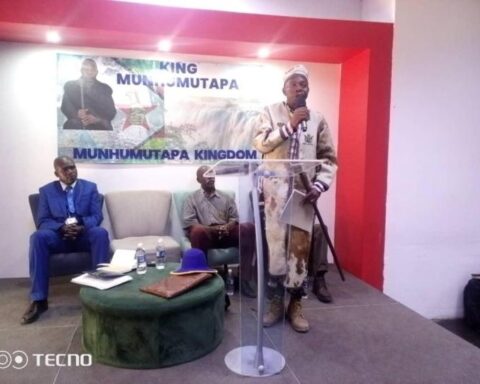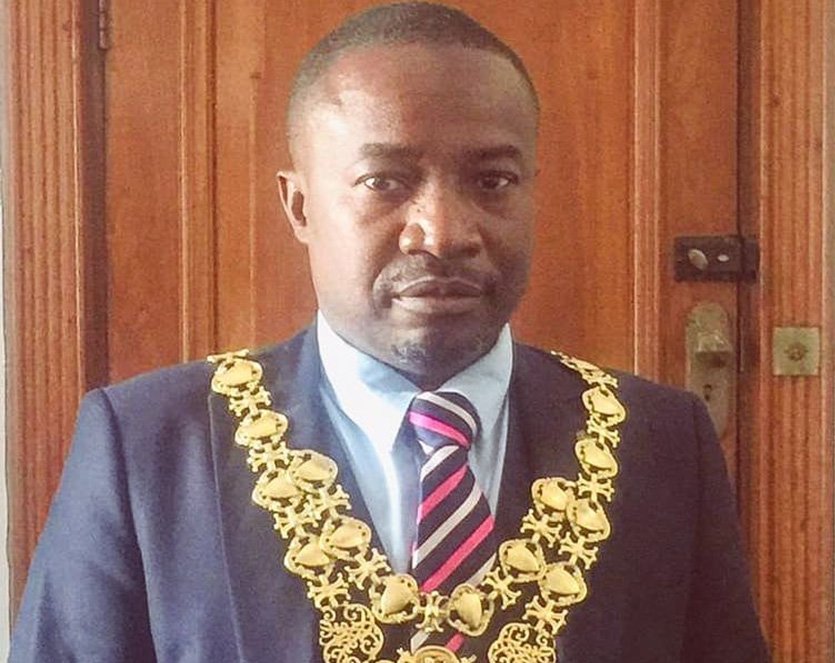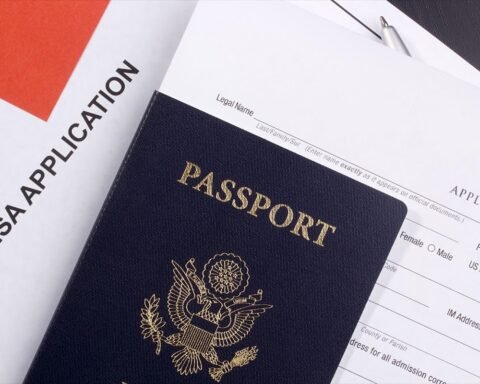A woman from Harare is actively challenging the government in court, seeking the removal of taxes on imported goods essential for people with disabilities. Barbara Ruwondo, the petitioner, asserts that the imposition of a 15% tax on these goods hinders the ability of the disabled to fully participate in society.
Ruwondo has filed a case in the High Court, arguing that her fundamental rights are being violated by the implementation of a tax on goods necessary for leading a normal life. In her petition, she names the Finance minister, Zimbabwe Revenue Authority, Justice minister, Public Service minister, and the Attorney-General as respondents.
Her plea to the court is for a declaration of the constitutional invalidity of Statutory Instrument 248 of 2023, which introduced the tax on goods for use by disabled individuals. She argues that this legislation contradicts Sections 22, 56, and 83 of the Zimbabwean Constitution.
Ruwondo emphasizes Section 83 of the Constitution, which mandates the State to take appropriate measures to ensure that persons with disabilities can achieve their full potential. She also points to Section 56, which guarantees equal protection and benefit of the law without discrimination based on disability or economic status.
The Finance minister, Mthuli Ncube, enacted the Value Added Tax Amendment SI 248 of 2023, effective from January 1 of that year, thereby subjecting goods for use by disabled individuals to a 15% tax rate, as opposed to the previous zero rating under SI 273 of 2003.
Ruwondo contends that by removing the zero rating provision, Ncube has unfairly burdened persons with disabilities with taxes that would significantly impact their quality of life.
She argues, “The tax imposed by the Finance minister only affects persons living with disabilities. It is not imposed upon persons who do not need or use goods for use by disabled persons. This amounts to unfair discrimination.”
Furthermore, she highlights Section 22 of the Constitution, which obligates the State to recognize and respect the rights of persons with disabilities, including their right to dignity and respect.
Ruwondo laments that instead of incorporating the needs of persons with disabilities into developmental plans, the government has chosen to impose additional financial burdens on them.
She concludes by urging the court to declare Statutory Instrument 248 of 2023 unconstitutional and invalid to the extent that it introduces taxes on goods essential for people with disabilities, citing the protection of human rights enshrined in the Constitution.








